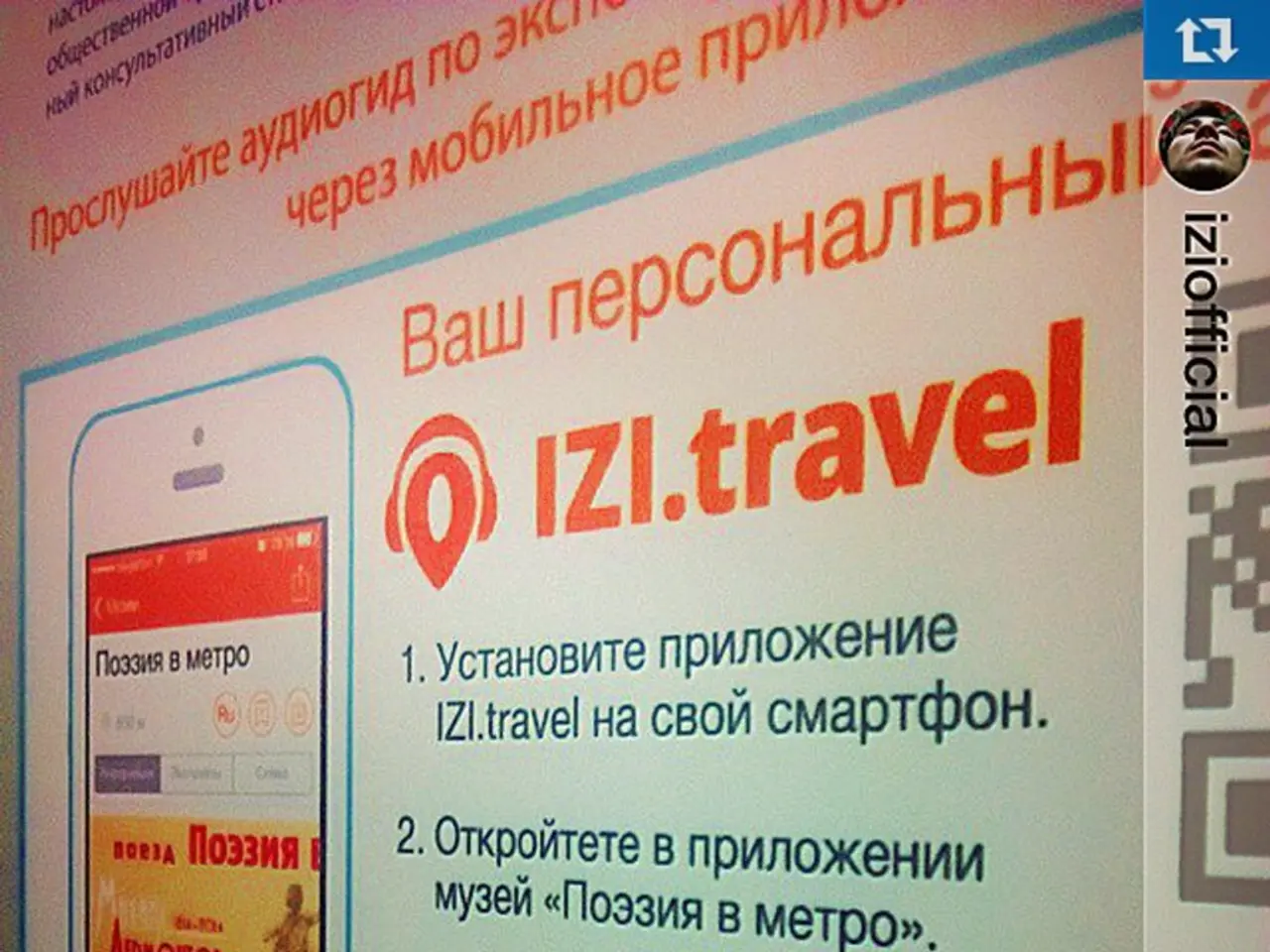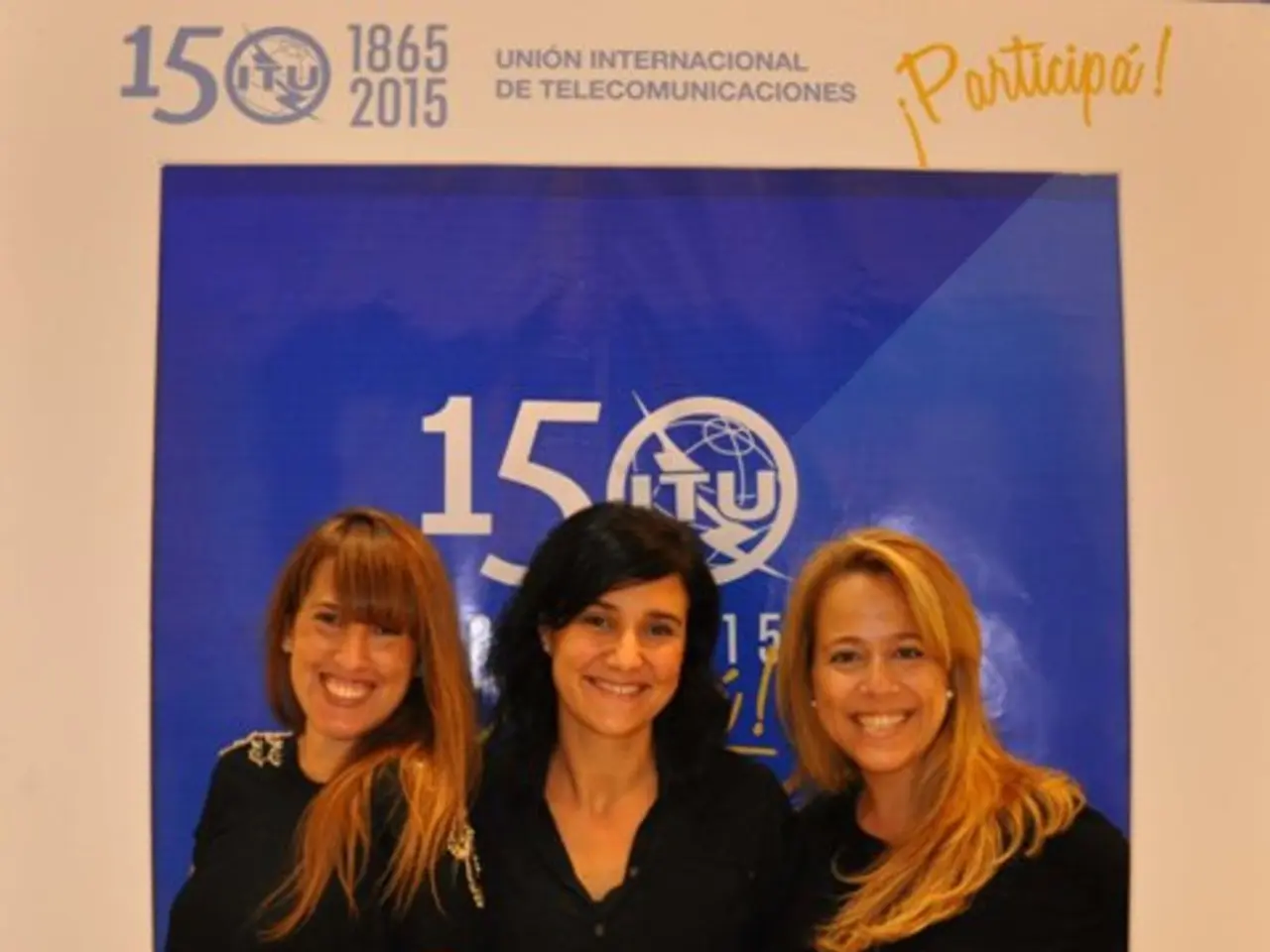Giant $13.5 Billion merger between Omnicom and IPG wins FTC approval, comes with a twist in advertising placement rules
The Federal Trade Commission (FTC) has granted conditional approval for the merger between advertising giants Omnicom Group and Interpublic Group, creating the world's largest advertising-holding company valued at $13.5 billion [1]. The approval comes with a notable condition: the merged agency must not coordinate advertising placements based on a publisher's political or ideological viewpoint [3][4].
This behavioural remedy is designed to prevent anti-competitive collusion that could distort the advertising marketplace and threaten free public debate. The FTC argues that if the merged company coordinated to favour or shun publishers based on their political or ideological content, it could effectively starve certain publishers of ad revenue, harming competition and public discourse [1][3][4].
The FTC's concern is that coordination to suppress advertising spending on publications with disfavoured political or ideological viewpoints could distort both competition and public discussion. Daniel Guarnera, the bureau's director, stated that the FTC's action prevents unlawful coordination that targets specific political or ideological viewpoints while preserving individual advertisers' ability to choose where their ads are placed [1].
The European Union's antitrust authorities will examine the deal's cross-border ramifications, and the U.S. Competition and Markets Authority has opened an inquiry into whether the merger would harm competition in media buying [2]. Any additional conditions or a blocked merger in other major markets could reshape the contours of global ad-holding power.
The merged entity's adherence to the "viewpoint non-coordination" rule will be closely watched by clients and publishers. The FTC's decision signals that even adland titans must preserve both competition and the free flow of ideas. Enforcement will test whether behavioural remedies can effectively deter collusion without hampering legitimate, independent brand safety efforts.
The FTC opted for a behavioural remedy rather than a forced divestiture. The consent order prohibits any agreements, contracts, or concerted actions to discriminate in ad buys based on a publisher's political or ideological stance. This is an unusual and politically focused competition safeguard highlighting the FTC’s dual concern for both economic competition and protecting free public discourse [1][3][4].
References:
- FTC Approves Omnicom-IPG Merger with Conditions to Preserve Neutral Advertising and Competition
- EU to probe Omnicom-IPG deal's cross-border impact
- FTC Imposes Conditions on Omnicom Group's Acquisition of Interpublic Group
- FTC Conditions Approval of Omnicom Group's Acquisition of Interpublic Group to Prevent Anti-Competitive Coordination and Protect Free Public Debate
- The FTC's decision to impose conditions on the merger between Omnicom Group and Interpublic Group, despite it being a significant move in the business and finance sector, demonstrates the commission's commitment to preserving competition and maintaining the free flow of ideas, even in the realm of technology.
- Enforcement of the FTC's "viewpoint non-coordination" rule, a unique competition safeguard in the advertising industry, will likely impact both publishers and clients, signaling that even within the technology sector, giants must adhere to principles that promote fair competition and ensure free public debate.




